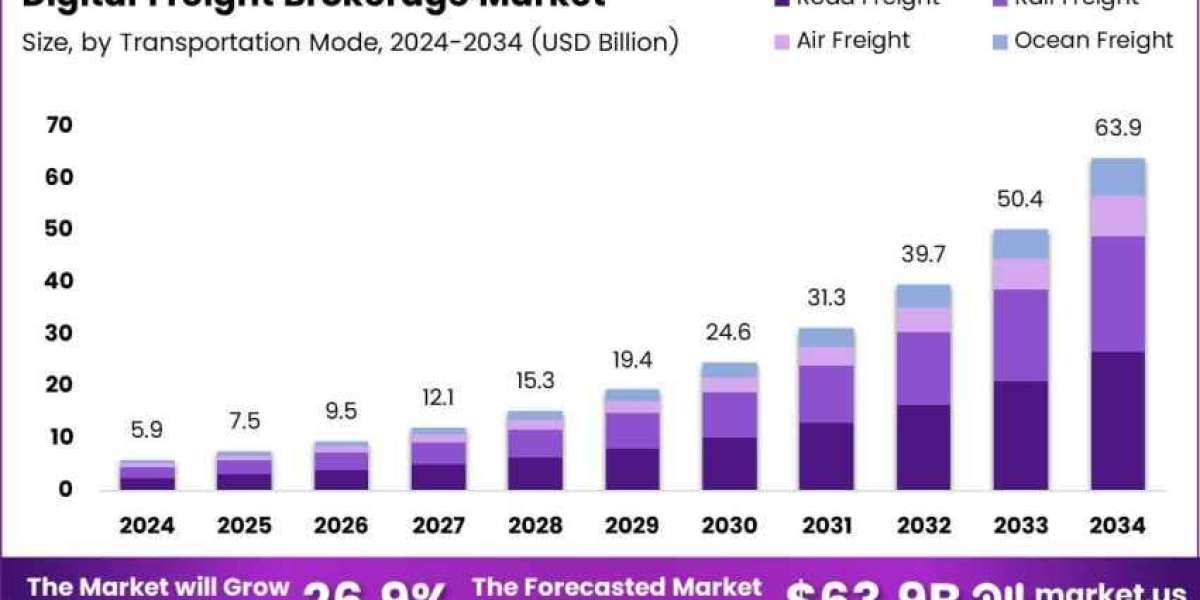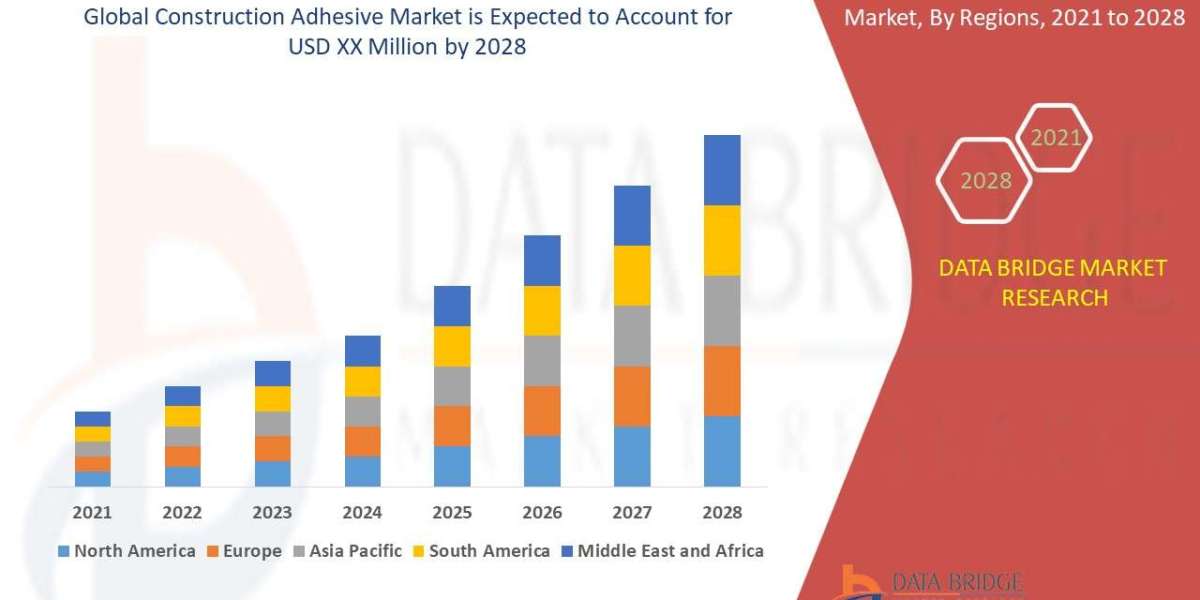The Evolution of Freight Brokerage
From Fax Machines to Algorithms
The freight brokerage industry once thrived on phone calls, handshakes, and frenzied fax transmissions. Brokers would manually juggle spreadsheets and scribbled notes, navigating carrier relationships with little more than instinct and a Rolodex.
But the tides turned. Technology didn't just knock—it bulldozed in. Machine learning now predicts shipment delays before trucks even start. Algorithms match loads with carriers in milliseconds. What was once analog and intuition-led is now ruled by digital precision.
For more information please visit site : https://market.us/report/digital-freight-brokerage-market/
A Shifting Industry Landscape
The metamorphosis is not merely cosmetic. E-commerce surges, pandemic aftershocks, and global supply chain volatility have recast logistics as a strategic battleground. In this arena, freight brokers are evolving from transactional middlemen into data-centric problem solvers. The race isn’t just about moving freight—it’s about moving smarter.
Traditional Freight Brokers: The Old Guard
Relationship-Centric Operations
Veteran freight brokers rely on deeply cultivated human relationships. Trust, consistency, and rapport have been their currency. They know a carrier’s dog’s name, their favorite truck stops, and when not to call. These brokers provide a human touch—nuanced, empathetic, and irreplaceable.
In niche or complex hauls, this approach still shines. A seasoned broker can find a truck in the middle of nowhere on a holiday weekend because of relationships built over decades.
Strengths and Shortcomings
While loyalty and flexibility are cornerstones, traditional brokers often falter in scalability. Manual processes can’t keep up with the surging demand for real-time updates and instant quotes. Paper trails become rabbit holes. And with every human touchpoint, there’s room for human error.
In a world demanding speed and transparency, tradition sometimes feels like drag weight.
Digital Freight Brokers: The New Vanguard
Technology-Driven Agility
Digital freight brokers operate in the cloud. With slick interfaces and predictive analytics, they’ve reimagined how freight is booked, tracked, and optimized. Think Uber, but for 18-wheelers. Platforms like Convoy and Uber Freight use real-time data to eliminate empty miles and match loads faster than you can say “deadhead.”
APIs plug directly into TMS platforms. Quotes are generated instantly. Notifications ping every milestone. It’s logistics reimagined for the Netflix generation.
Automation, Data, and Scalability
Where digital brokers truly outpace their traditional peers is in scale. One well-built algorithm can manage what once took a team of humans. With automation handling the grunt work, digital brokerages focus on refining efficiency.
Data becomes a strategic asset—informing pricing, forecasting trends, and minimizing disruptions. It's a freight revolution born of code and cloud.
The Clash of Titans: Comparing Capabilities
Speed, Transparency, and Customer Experience
Digital platforms win in sheer velocity. A shipper can tender a load, get matched with a vetted carrier, and receive tracking links within minutes. No phone tag. No ambiguity. Customers crave this clarity—and digital delivers.
Traditional brokers, however, counter with white-glove service. They step in when algorithms falter, providing context and care that software can’t replicate. In delicate or high-value shipments, this human finesse often makes the difference.
Cost Efficiency and Market Reach
Digital freight brokers, with their lower operational costs, can undercut pricing. Their access to broad carrier networks, enabled by platform-based onboarding, makes them nimble in reaching underserved lanes.
Traditional brokers, with their curated carrier lists, offer dependability but can struggle with pricing competitiveness and nationwide scale.
Who Truly Wins?
Hybrid Models and Future Trajectories
The emerging truth? It’s not about old vs. new—it’s about fusion. Hybrid freight brokerages are blending tech with touch. They automate what can be automated and humanize what shouldn’t be. The brokers who’ll dominate tomorrow are those who embrace both the algorithm and the anecdote.
Forward-thinking brokerages are investing in AI while retaining seasoned reps. They're using predictive data to flag issues while relying on human intuition to solve them.
For more information please visit site : https://market.us/report/digital-freight-brokerage-market/
What Shippers and Carriers Should Consider
The real winner depends on the need. Want high-touch, relationship-led service? Traditional wins. Need speed, transparency, and scale? Go digital. Seeking the best of both worlds? Look for hybrid brokers who can straddle both realms.
In the end, the race isn’t about who’s fastest. It’s about who delivers consistently—at the right price, with the right partner, and with minimal friction. Whether analog or algorithmic, that’s the finish line every shipper cares about








